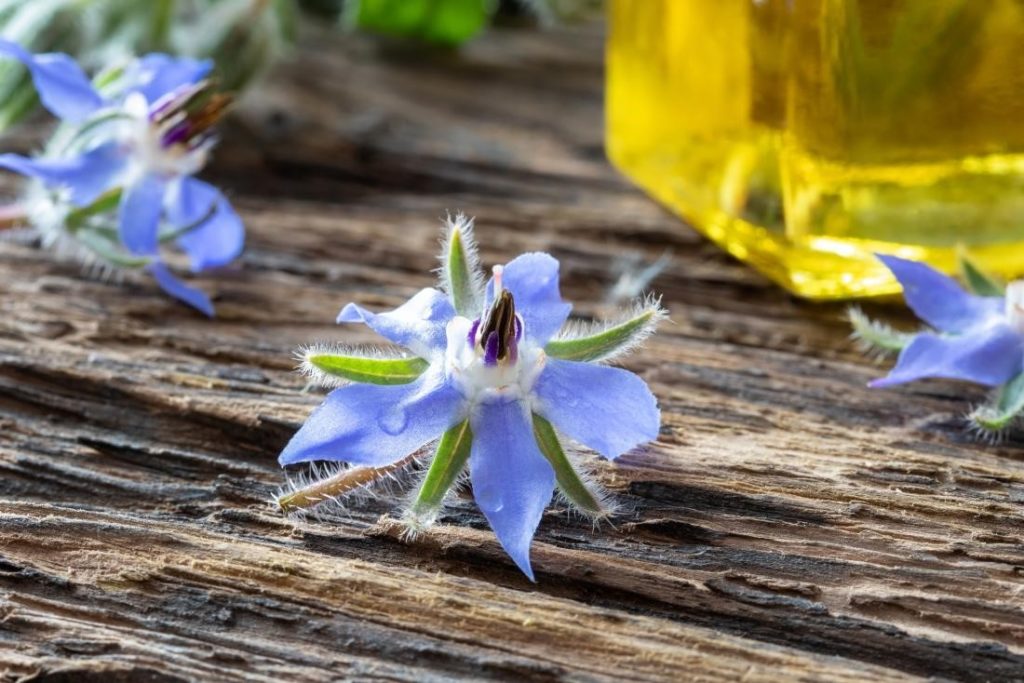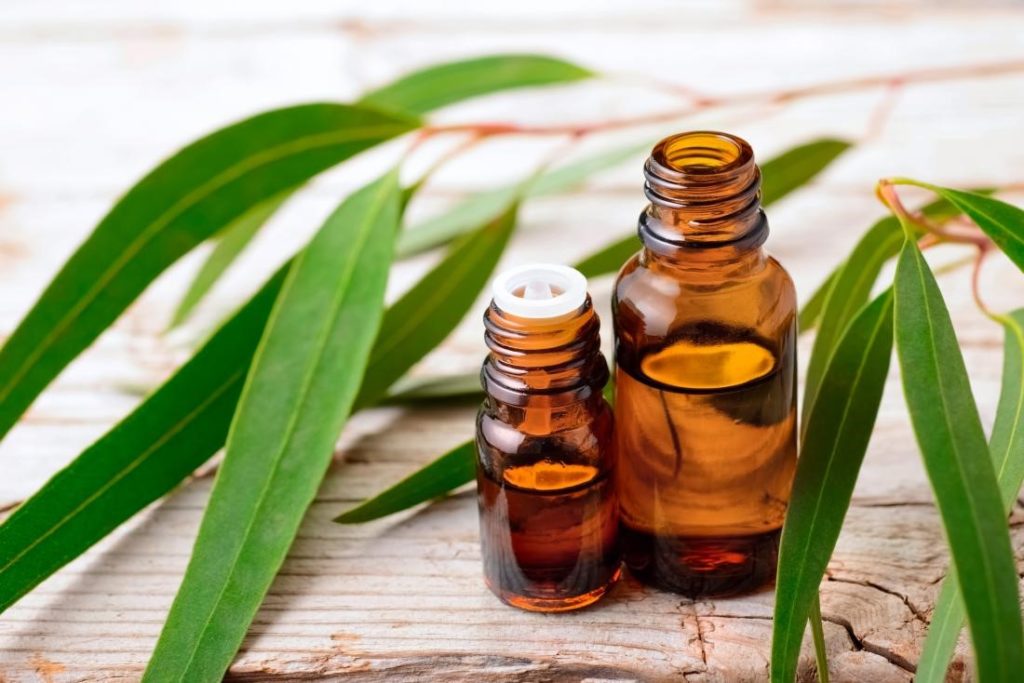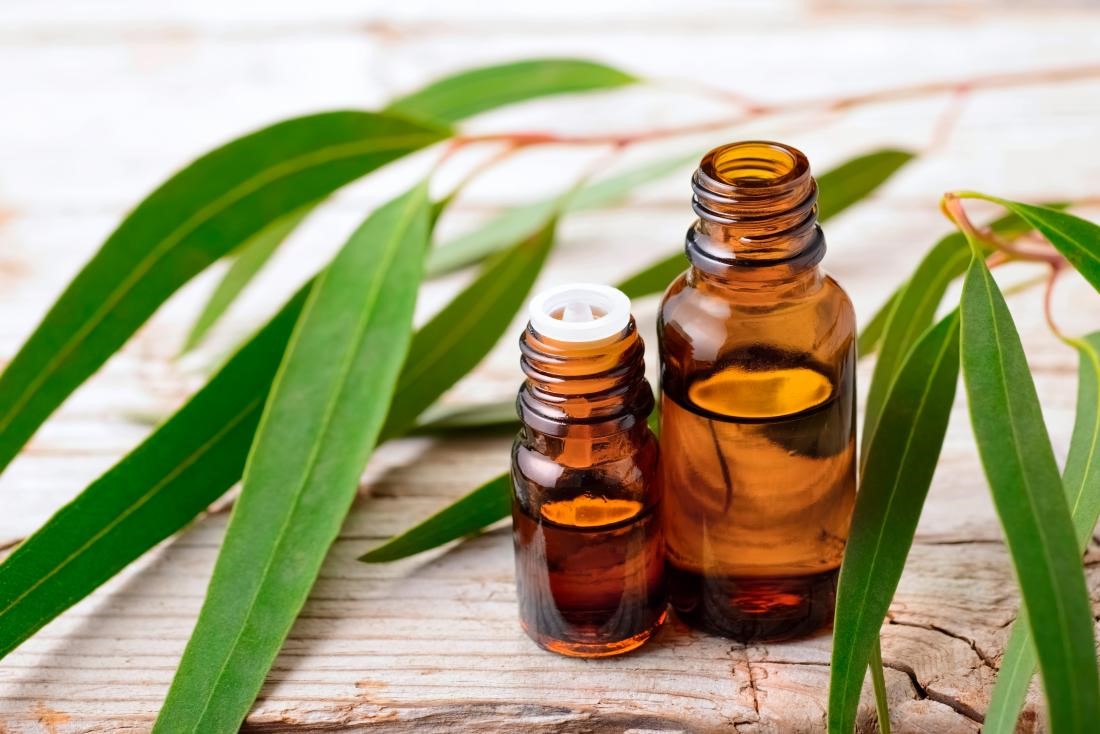Arthritis is a general term that describes a family of medical conditions characterized by joint inflammation, pain, and stiffness. Herbs and other natural remedies may help relieve joint pain.
Medical treatments, regular exercise, and proper nutrition can also help a person manage their arthritis symptoms.
According to the Arthritis Foundation, the condition affects over 50 million adults and 300,000 children in the United States. Natural remedies, such as herbs and supplements, might be safe, effective treatment options with few significant side effects.
However, research in the field of natural remedies remains limited. Scientific studies often use animal models or cell lines to test plant compounds. Very few clinical trials exist.
That said, the research that does exist shows promising results, and more research will reveal even more vital information for the medical community.
1. Borage oil

For people with rheumatoid arthritis, borage oil may relieve pain.
The seeds of the Borago officinalis plant, or starflower, contain large quantities of an omega-6 fatty acid called gamma-linolenic acid (GLA). It also contains linolenic acid, the precursor of GLA.
When the body metabolizes it, GLA converts into a precursor of prostaglandin, an eicosanoid (or signaling molecule) that helps regulate immune responses in the body.
A 2011 systematic review found moderate evidence to suggest that oils containing GLA, such as blackcurrant seed oil, evening primrose oil, and borage seed oil, may relieve pain and improve function in people who have rheumatoid arthritis (RA).
However, high concentrations of GLA may have a toxic effect on cells. A 2013 study examined the effects of borage oil and GLA on cell cultures.
According to the findings, the authors recommended using borage seed oil instead of GLA because the former protects DNA from oxidative stress.
2. Turmeric
Turmeric is a yellow spice and medicinal herb that originated in India. The orange pulp inside the stem contains the potent plant compound curcumin.
One 2018 article cited findings from a number of animal studies and two trials suggesting that curcumin may reduce chronic inflammation due to RA.
However, the body cannot absorb large quantities of curcumin, which can limit its therapeutic application.
That being said, a compound called piperine — which is present in black pepper — can reduce inflammation and improve curcumin absorption, according to one 2018 study.
3. Cat’s claw
Uncaria tomentosa (U. tomentosa), or “cat’s claw,” is a vine plant native to South and Central America.
Cat’s claw may improve immune function and reduce inflammation. However, not enough high quality clinical trials exist to support these claims.
One older clinical trial did examine the anti-inflammatory effects of cat’s claw among 40 people with RA. The authors reported a 53.2% reduction in joint pain among the participants who took U. tomentosa extract for 24 weeks.
Also, a 2015 study found that cat’s claw influences enzyme activity associated with arthritis. A more recent 2019 study found that although U. tomentosa is probably safe, it did not have anti-inflammatory activity.
Cat’s claw appears safe when a person takes it in small quantities. However, the National Center for Complementary and Integrative Health advise that women who are pregnant should avoid taking cat’s claw.
4. Eucalyptus

Eucalyptus oil may help reduce inflammation and pain.
Oil distilled from eucalyptus leaves has antibacterial, antiviral, and anti-inflammatory properties. The flavonoids and tannins in eucalyptus leaves have antioxidant properties that may help reduce inflammation and pain.
A 2016 study using cell cultures found that eucalyptus leaf extracts significantly reduced the levels of two inflammatory enzymes: interleukin-6 and tumor necrosis factor alpha.
People can purchase eucalyptus extract as an essential oil in many stores or online. They can then add it to a warm bath or inhale it.
People with allergies should take care when using this herb, as many people are allergic to it.
5. Frankincense
Boswellia serrata, or frankincense, is the resin from the bark of the Boswellia tree. This resin has a strong aromatic quality, making it a popular ingredient in perfumes, incense, and essential oils.
Frankincense may also offer benefits for people with chronic inflammation. According to the Arthritis Foundation, the active compounds in frankincense possess anti-inflammatory properties that could help relieve arthritis symptoms.
A 2016 review article of several small scale clinical trials found evidence to support the use of frankincense and other Boswellian resin products for managing arthritis symptoms.
The authors state that although frankincense is not a cure for arthritis, 60–70% of people saw significant improvements in their symptoms when using it.
6. Aloe vera
Aloe vera is a succulent plant popular for its health benefits. Many wound healing ointments and skin products contain aloe vera because of its antimicrobial and anti-inflammatory properties.
The compounds in aloe vera help remove free radicals from the body, much like antioxidants. These antioxidant functions also help reduce inflammation by preventing the production of inflammatory enzymes.
According to one 2018 article, the compounds in aloe vera produce anti-inflammatory effects similar to those of nonsteroidal anti-inflammatory drugs.
Summary
Arthritis is a chronic inflammatory condition that can cause swelling, pain, and stiffness in the joints.
Although people can manage their symptoms with medical treatments, exercise, and proper nutrition, naturally occurring compounds in certain herbs could serve as complementary treatment options.
Current research shows promising results, but there is not enough scientific evidence to draw any definitive conclusions about the effectiveness of the natural remedies in this article.
People should always speak with their doctor before trying any new supplements or natural remedies.
By Jamie Eske





